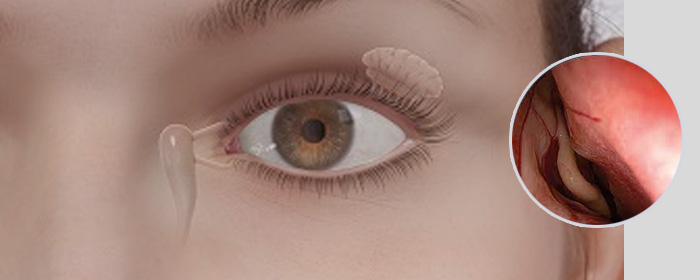


This surgery is used by doctors to treat chronic sinusitis, get rid of polyps in the sinuses, and treat other conditions. The majority of people who need sinus surgery do so because their severe sinus issues have not improved with medication. Sinus medical procedure might include eliminating contaminated sinus tissue, Boneor polyps. Sinus surgeries come in a variety of forms that are intended to be less invasive so that you can recover quickly.
Fluid builds up in the air-filled spaces in the face known as sinuses, which can lead to sinus infections. Germs can grow thanks to this accumulation of fluid. Most sinus infections are caused by viruses, but some can be caused by bacteria.
Sinus infections are no fun.They cause tension, expanding and clog that can be excruciating and, surprisingly, incapacitating. And as if a single acute infection wasn't bad enough, some people contract them repeatedly.
Management of the body: our ENT doctor will give you medications to help you manage and reduce your symptoms based on the results of the diagnostic tests. Various drugs that can help sinusitis patients are nasal corticosteroids, nasal showers, oral or infused corticosteroids, sensitivity meds, anti-toxins, antifungals, and so on.Consult with the Best Doctor For Functional Endoscopic Sinus Surgery in Thane if you are suffering from sinus problems
Surgery: A common and successful treatment for persistent sinus infections is functional endoscopic sinus surgery, or FESS surgery. The surgeon removes the infected sinus tissues with a magnifying endoscope during this minimally invasive procedure. The primary objectives of FESS surgery are to clear the nose of infected material and to clear blocked air passages while conserving sufficient healthy tissue to allow sinuses to function normally.
If you have a serious sinus infection, the first step is to see what you can do to avoid surgery, which should be viewed as a last resort. Think about your home and working environment climate — stay away from smoke and sensitivity triggers, and use humidifiers to dampen the air, as dry air can aggravate. Look for treatment for sensitivities, which might incorporate standard shots. Washing your hands frequently, avoiding sick people, and treating illness when it occurs are all methods of cold prevention. Likewise, it's really smart to get an influenza immunization, as cold and influenza contaminations can make a favorable place for rhinosinusitis.
After taking these preventative measures, if you still get sinus infections, you should see an Ear, Nose , and Throat (ENT) specialist for treatment. This will likely require several weeks of antibiotics, steroid medications and nasal sprays and irrigations. If you still don’t respond to treatment, your doctor may perform a CT scan to see what’s causing the infection to persist.
If you have any of the conditions mentioned below, you may need FESS.
The surgeon gives you either local or general anesthesia before the surgery. The goal is to prevent any discomfort during the procedure.Endoscopic sinus surgery is a procedure to remove blockages if You are suffering from any sinus related issues Get treated by the Best Doctor For Functional Endoscopic Sinus Surgery in Thane
The surgeon will sedate you before inserting an endoscope into one of your nostrils, which will send pictures of the obstructions in your nose. Utilizing these pictures, the specialist eliminates nasal tissue or polyps that are causing obstacle in appropriate nasal waste. For this purpose, small precision instruments are utilized. The surgeon may occasionally insert a spring-like implant into the predetermined location. This gadget keeps the impacted region open, delivers a deliberate portion of cortisone to keep polyps from changing, and diminishes scar development. Over the course of a month, the device breaks down.
Minimal post-surgical bleeding
If you are suffering from either acute or chronic sinusitis, you should consult the best ENT specialist for appropriate treatment. Dr Siddarth Shroff is the Best Doctor For Functional Endoscopic sinus surgery in Thane.For More Information You can contact us or Visit our Website
Symptomatic success rate is usually reported to be lower than anatomical success rate, lying within the range of 74–83%. Some patients complain of persistent tearing after DCR even though a lacrimal drainage system is patent and there are no attributable problems in the eyelid or the ocular surface.